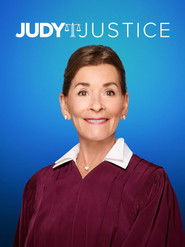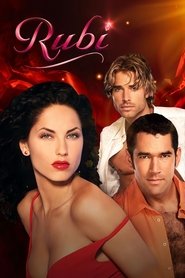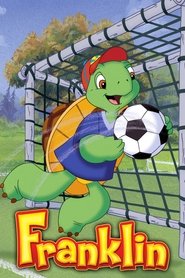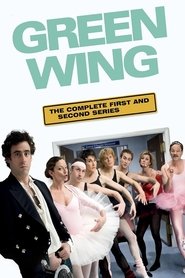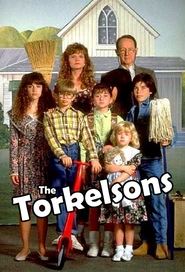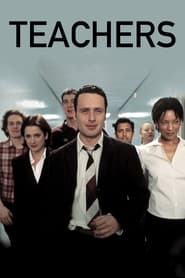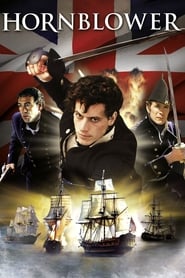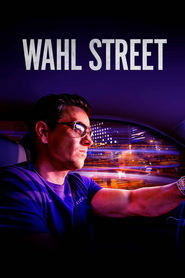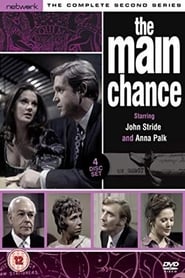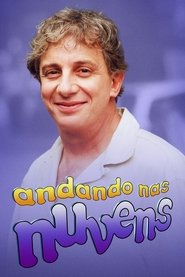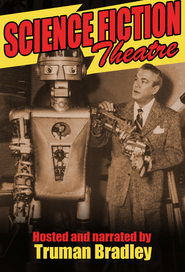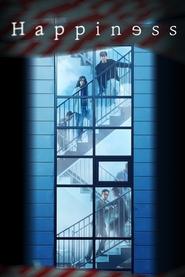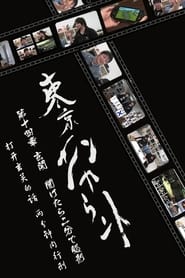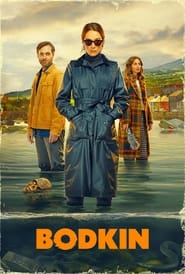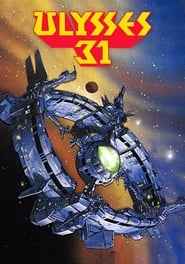Popular Reality TV Series - Page 329
-
Suspicious Partner
2017
Suspicious Partner
2017
star 7.9Noh Ji Wook is a prosecutor in the Central District Prosecutors’ Office who ends up switching professions to a private attorney. He harbors a trauma stemming from an event in his childhood involving his parents and his first love. Eun Bong Hee, a Taekwondo athlete in her youth, is a prosecutor trainee who has become a murder suspect. Eun Bong Hee and Noh Ji Wook both find themselves being the focus of a killer. -
Judy Justice
2021
Judy Justice
2021
star 4.5The Honorable Judy Sheindlin, retired Judge of the Manhattan family Court, brings her signature blend of sharp wit and wisdom, hilarious candor and unwavering honesty that has made her America’s favorite judge for over 25 years, as she presides over real cases, arbitrates binding decisions and delivers what only she can: “Judy Justice.” -
Suits
2018
Suits
2018
star 6.2Shogo Kai is a lawyer at one of the big 4 law firms in Japan. He is good at his job, but he is arrogant. Shogo Kai only thinks about winning and he thinks the only way to satisfy his clients is to win. He is getting close to becoming a senior partner at the law firm. Shogo Kai's boss worries about his focus on winning above all else. As a condition of his promotion at the law firm, his boss asks him to hire a young lawyer as an associate. Shogo Kai interviews prospective young lawyers and meets Daiki Suzuki. Daiki Suzuki has high intelligence and his memory ability is amazing. -
Rubí
2004
Rubí
2004
star 7.7Rubí Pérez is a very beautiful but poor woman who studies at an exclusive university thanks to the financial support from Cristina , her hard-working older sister. She is best friends with Maribel de la Fuente , a kind and wealthy young woman. Rubí is actually jealous of Maribel's social status while pitying her disability and dreams of marrying a rich man to leave poverty behind. -
Franklin
1997
Franklin
1997
star 6.7Franklin is an Canadian educational animated television series, based on the Franklin the Turtle books by Brenda Clark and Paulette Bourgeois. The television series was named after its main character, Franklin the Turtle. It was produced by PolyGram Television, Alphanim, LuxAnimation, Nelvana, Neurones Enterprises, Reader's Digest for Young Families, TF1, Funbag Animation Studios, Europool, Mini TFO, and Family Channel, and syndicated by Summit Entertainment. -
Green Wing
2004
Green Wing
2004
star 7.9Follow new surgical registrar Dr Caroline Todd through her first day at work and beyond, starting out as she means to go on - dishevelled and under-deodorised! Along the way she meets an assortment of bizarre and demented characters. Be prepared for one of the most surreal journeys you're ever likely to take as you dive into the anarchic world of Green Wing Hospital! -
Rock & Roast
2017
-
The Oath
2018
The Oath
2018
star 6.2Explore a gang world we've never seen before: gangs that are made up of the very men and women sworn to uphold the law – cops. Only select officers make the cut, but once inside, gang members will do what they must to protect each other from enemies inside and outside their ranks. -
The Torkelsons
1991
The Torkelsons
1991
star 7.8Millicent Torkelson does what she can to hold her family together as it shrinks to just her and her children after her husband Randy abandons the family. -
Teachers
2001
Teachers
2001
star 7.3The chaotic lives, loves and drinking sessions of a group of hapless teachers. They might be qualified to teach, but they've still got a lot to learn... -
Hornblower
1998
Hornblower
1998
star 7.7Set during the 18th century Napoleonic Wars, Horatio Hornblower, a young and shy midshipman, rises through the ranks to become an admiral. -
Wahl Street
2021
Wahl Street
2021
star 5.7Take a glimpse into global star Mark Wahlberg's life as he juggles the demands of a rigorous film schedule coupled with an ever-growing network of diverse businesses including his clothing line, his gym studio, his restaurant chain; and his production company. Along the way, viewers will learn powerful business and life lessons as he navigates the numerous challenges of a global pandemic, all while trying to maintain and expand his vast portfolio. -
The Main Chance
1969
The Main Chance
1969
star 7.7The Main Chance was a British television series which first aired on ITV between 1969,1970,1972 and 1975. A drama, it depicts the sudden transformation in the life of solicitor David Main who relocates from London to Leeds. -
Walking on Clouds
1999
-
Science Fiction Theatre
1955
star 6.2Science Fiction Theatre is an American science fiction anthology series that aired in syndication from April 1955 to April 1957. It was produced by Ivan Tors and Maurice Ziv. -
Happiness
2021
Happiness
2021
star 8.1A new type of deadly virus spread throughout the city, and the apartment where has different social classes of people is sealed off. With the fear of the virus, and the conflicts of the different classes, the residents have to spend and survive in the new habitation. -
Tokyo Encounter
2010
Tokyo Encounter
2010
Starring anime voice actors Tomokazu Sugita and Yuichi Nakamura, the show features the pair playing video games (from retro to modern-day) and generally goofing around. -
Bodkin
2024
Bodkin
2024
star 6.4A ragtag crew of podcasters sets out to investigate mysterious disappearances from decades earlier in a charming Irish town with dark, dreadful secrets. -
Die ZDF-Hitparade
1969
Die ZDF-Hitparade
1969
The ZDF-Hitparade, or Hitparade for short was one of the most popular and most well-known music television series presenting mostly German Schlager. -
Ulysses 31
1981
Ulysses 31
1981
star 8Ulysses and his crew struggle against the divine entities that rule the universe, the ancient gods from Greek mythology.
 Netflix
Netflix
 Amazon Prime Video
Amazon Prime Video
 Apple iTunes
Apple iTunes
 Apple TV Plus
Apple TV Plus
 Disney Plus
Disney Plus
 Google Play Movies
Google Play Movies
 Paramount Plus
Paramount Plus
 Hulu
Hulu
 HBO Max
HBO Max
 YouTube
YouTube
 fuboTV
fuboTV
 Peacock
Peacock
 Peacock Premium
Peacock Premium
 Amazon Video
Amazon Video
 The Roku Channel
The Roku Channel
 AMC+
AMC+
 Kocowa
Kocowa
 Hoopla
Hoopla
 The CW
The CW
 Vudu
Vudu
 Starz
Starz
 Showtime
Showtime
 PBS
PBS
 Pantaflix
Pantaflix
 FXNow
FXNow
 Tubi TV
Tubi TV
 Kanopy
Kanopy
 Comedy Central
Comedy Central
 Crunchyroll
Crunchyroll
 Microsoft Store
Microsoft Store
 Redbox
Redbox
 Sun Nxt
Sun Nxt
 ABC
ABC
 DIRECTV
DIRECTV
 Crackle
Crackle
 Fandor
Fandor
 Plex
Plex

